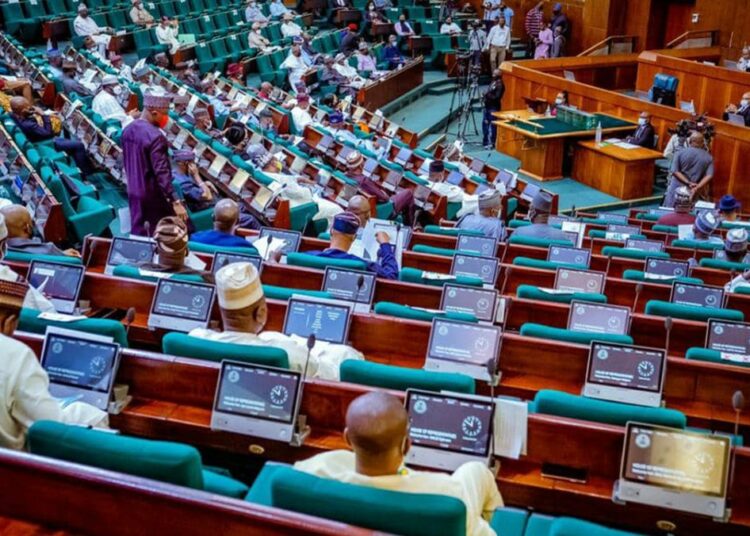The House of Representatives on Thursday passed for the second reading, a bill to amend the Electoral Act, 2022 to make voting in national and state elections compulsory for all citizens of voting age.
Sponsored by Speaker Abbas Tajudeen (APC, Kaduna) and the member representing Bassa/Jos North federal constituency of Plateau state, Hon. Daniel Asama Ago, the proposed legislation seeks to deepen democracy in the country through increased participation and legitimacy in electoral outcomes.
The bill also intends to provide a legal framework for enforcing mandatory voting for Nigerians age 18 and above, and stipulate appropriate sanctions for unjustified failure to vote.
However, it permitted exemptions on grounds such as illness, religious objection, or residency outside of the country.
The bill further sought to empower the Independent National Electoral Commission (INEC) to develop a system for tracking voter compliance and managing exemption requests without infringing on fundamental human rights and promote electoral education and awareness towards ensuring that citizens understand the importance and value of their vote.
In a lead debate on the bill, the co-sponsor, Hon. Daniel Asama Ago representing Bassa Jos North Federal Constituency said democracy thrives when citizens actively engage in the process of selecting their leaders and shaping the direction of governance.
The lawmaker argued that voting was not only a right but a civic responsibility, stressing that in many democracies across the world, voting is treated as such.
The lawmaker descibed political apathy as not just a threat to elections, but also to good governance and national stability.
“Nigeria has consistently recorded alarming low voter turnout rates in recent elections. For instance, in the 2023 general elections, less than 30% of registered voters participated. This trend undermines the legitimacy of elected governments and weakens democratic institutions,” he said.
Hon. Daniel Asama Ago also highlighted the need to strengthen civic engagement by making voting a legal obligation, “we instill in citizens a sense of civic duty and shared responsibility in the governance process. Global precedents—several democracies, including Australia, Belgium, and Brazil, have adopted mandatory voting with positive outcomes in terms of political participation and public accountability.”
Ago added that that bill also sought to combat electoral apathy and inducement, maintaining that mandatory voting can significantly reduce the influence of vote-buying, as more citizens will be participating.
He added that making voting mandatory will also enhance representation, saying “when more people vote, the outcomes of elections are more likely to reflect the true will of the people, leading to more inclusive governance.
“The rationale for this bill rests on the urgent need to revitalise democratic participation in Nigeria.”
He argued that persistent trend of low voting turnout undermines the legitimacy of electoral process and weakens the foundation of representative governance.
“By making voting mandatory, we aim to foster a stronger culture of civic responsibility, reduce electoral apathy, and increase the inclusiveness and fairness of our elections,” he added.




